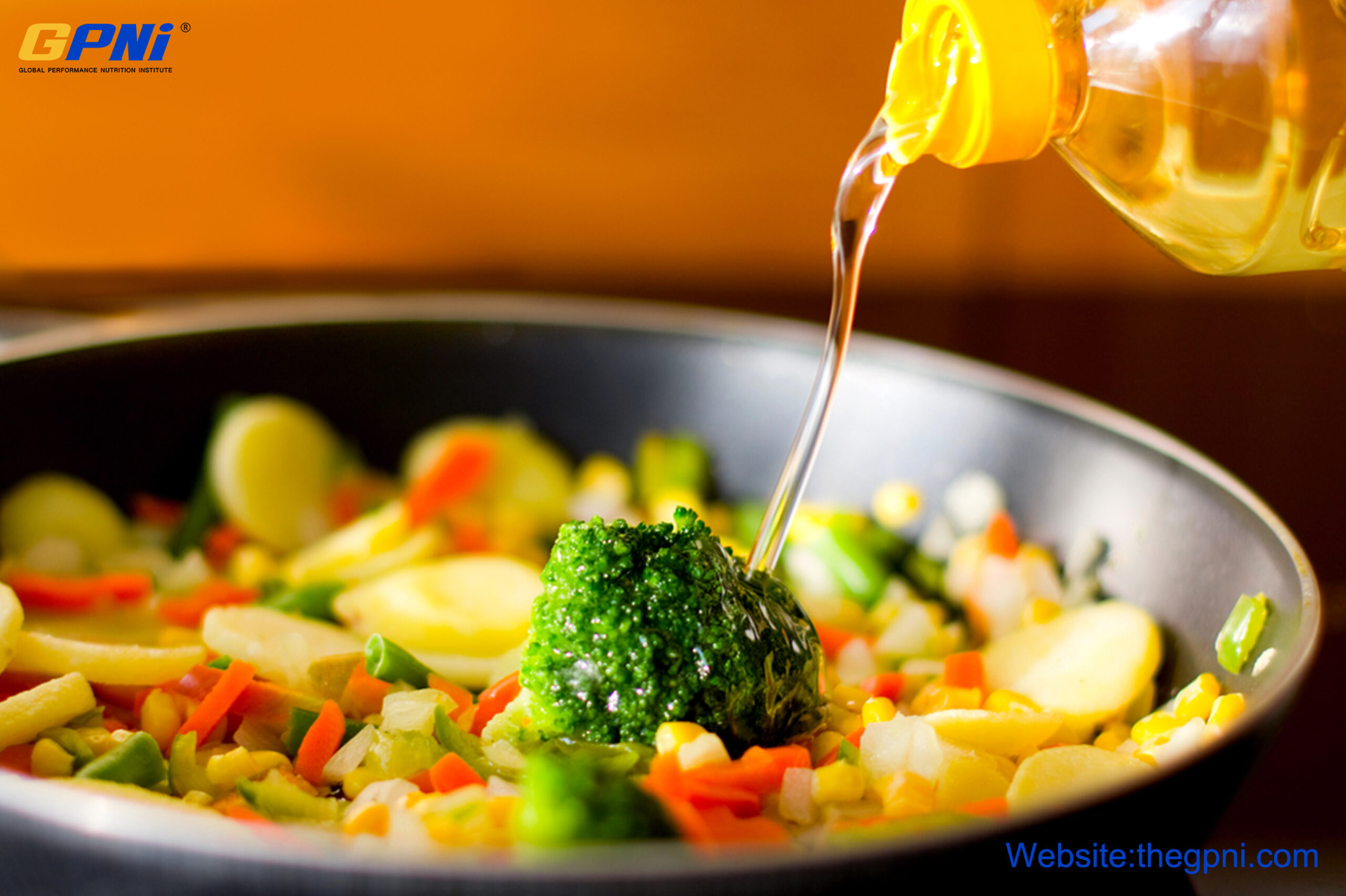Tropical oils are vegetable oils that are extracted from the fruits or seeds of tropical plants. These oils are typically solid at room temperature and have a high melting point, which makes them useful in a variety of food applications. Some common types of tropical oils are: Coconut oil which is extracted from the kernel or meat of mature coconuts, coconut oil is high in saturated fat and is commonly used in cooking, baking, and as a spread. Palm oil which is extracted from the fruit of oil palm trees, palm oil is used in a variety of food products, including baked goods, margarine, and snack foods. Palm kernel oil which is extracted from the seed of oil palm trees, palm kernel oil is similar to coconut oil and is often used in cooking and baking. Lastly, cocoa butter which is extracted from the cocoa bean, cocoa butter is used in chocolate production and also in cosmetics and personal care products. Aside from consuming or cooking with the oils on their own, tropical oils are commonly found in processed foods and other foods products. The most common sources of tropical oils are found in baked goods (cookies, cakes, and breads), snacks (chips, crackers, and popcorn, are usually fried in tropical oils like palm oil and coconut oil), margarine and spreads, some chocolates and candies and nut butters like peanut butter.
While tropical oils have been used for centuries in traditional cooking and medicine, recent controversy over their health benefits or potential negative effects on health has caused some individuals to avoid tropical oils at all costs. Negative effects attributed to consuming tropical oils include increased risk for cardiovascular disease, weight gain and inflammation. According to research, tropical oils themselves do not appear to be detrimental to health when consumed in moderation. In fact, many of the negative health effects attributed to tropical oils are more related to what’s in them than the oils themselves.

For example, tropical oils, especially coconut oil, are much higher in saturated fat when compared to other oils like olive oil. Higher intakes of saturated fat are associated with increased risk of cardiovascular disease. Saturated fat can lead to increases in cholesterol, specifically LDL (often nicknamed bad cholesterol). Saturated fat is also found in animal products such as meat, dairy, and eggs. Some research even suggests saturated fats derived from plants may be less harmful. Whether saturated fat is being consumed from plants or animal products, current guidelines recommend that no more than 10% of daily energy intake should be derived from saturated fat. There are 9 kcal/g in fat, making it the most energy dense macronutrient. Overconsumption of any fat – not just tropical oils – can increase caloric intake. The idea that tropical oils increase weight is caused by an increase in caloric intake and not the tropical oils themselves. In terms of inflammation, there is little literature available that found increases in inflammation. One study examining the effects in postmenopausal women found no effects on inflammation.
As with most things in nutrition, tropical oils are safe in moderation. Rather than eliminating any foods that have tropical oils, individuals should focus on consuming a well-balanced diet and limiting saturated fat intake from all sources to no more than 10% of daily energy intake.

Cassie Evans is a registered dietitian and a published researcher. She has studied sports nutrition and completed an internship with the University of Miami Sports Nutrition Team and Nova Southeastern University’s sports performance team. She holds a Bachelor of Science in Exercise and Sports Science and received her CISSN in 2018. She is currently pursuing her doctorate in Human and Sports Performance from the Rocky Mountain University of Health Professions.
References
1.Jaike Praagman, Linda E.T. Vissers, Angela A. Mulligan, Anne Sofie Dam Laursen, Joline W.J. Beulens, Yvonne T. van der Schouw, Nicholas J. Wareham, Camilla Plambeck Hansen,
2.Kay-Tee Khaw, Marianne Uhre Jakobsen, Ivonne Sluijs. Consumption of individual saturated fatty acids and the risk of myocardial infarction in a UK and a Danish cohort. International Journal of Cardiology, 2018; DOI: 10.1016/j.ijcard.2018.10.064
3.Jun Li, Qi Sun. Consumption of saturated fatty acids and coronary heart disease risk. International Journal of Cardiology, 2019; DOI: 10.1016/j.ijcard.2019.01.022
4.Unhapipatpong C, Shantavasinkul PC, Kasemsup V, Siriyotha S, Warodomwichit D, Maneesuwannarat S, Vathesatogkit P, Sritara P, Thakkinstian A. Tropical Oil Consumption and Cardiovascular Disease: An Umbrella Review of Systematic Reviews and Meta Analyses. Nutrients. 2021; 13(5):1549. https://doi.org/10.3390/nu13051549
5.Harris M, Hutchins A, Fryda L. The Impact of Virgin Coconut Oil and High-Oleic Safflower Oil on Body Composition, Lipids, and Inflammatory Markers in Postmenopausal Women. J Med Food. 2017;20(4):345-351. doi:10.1089/jmf.2016.0114







